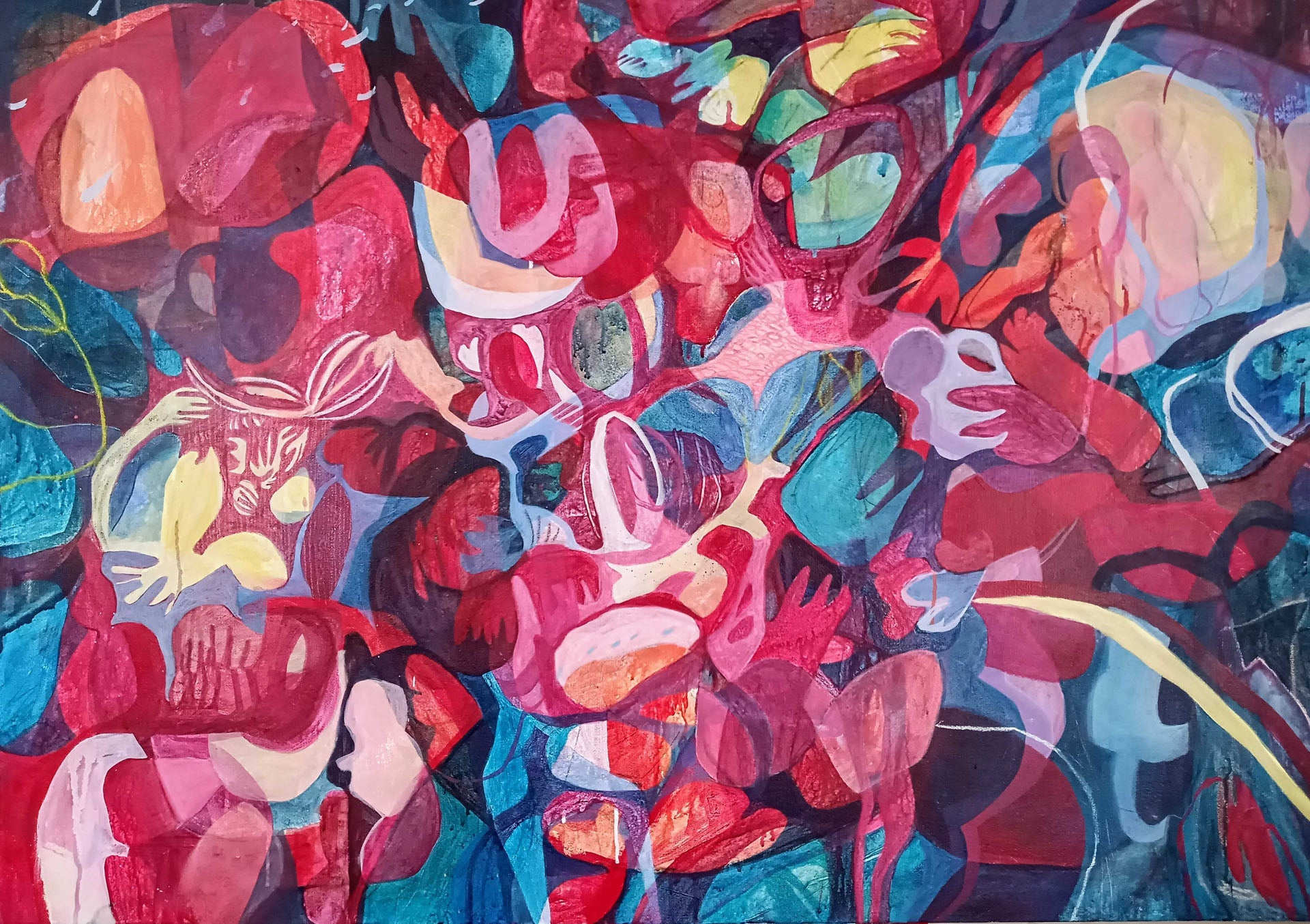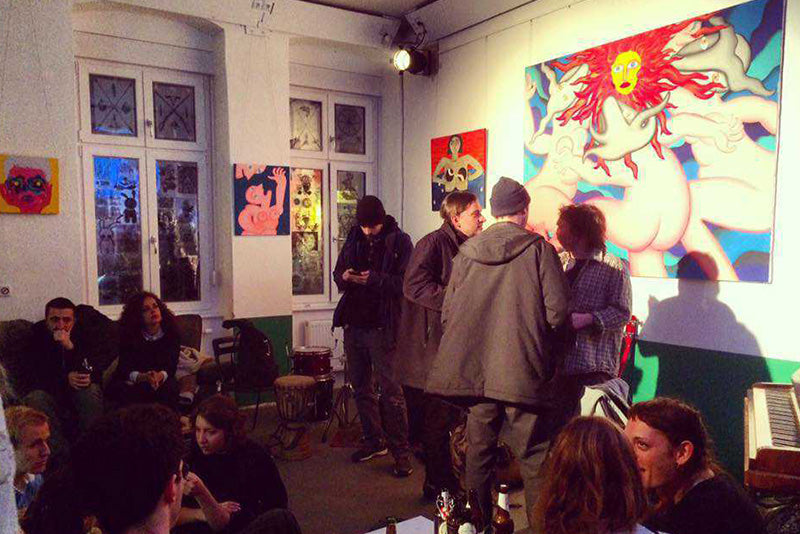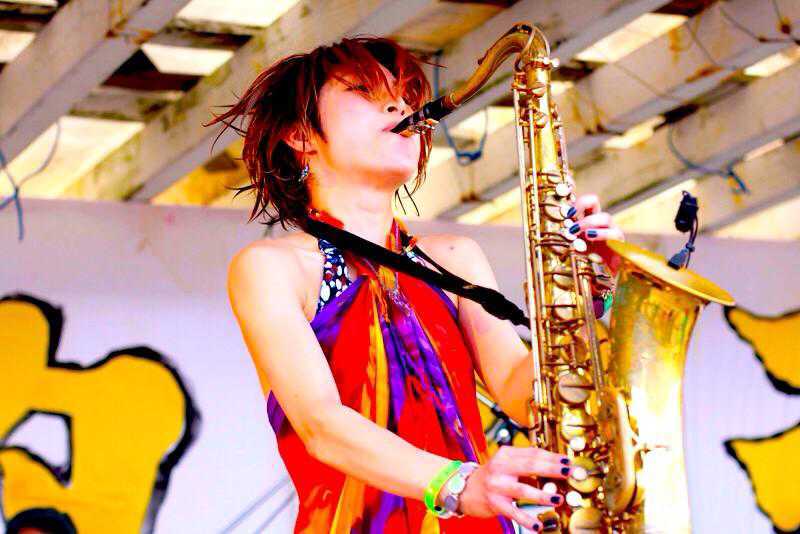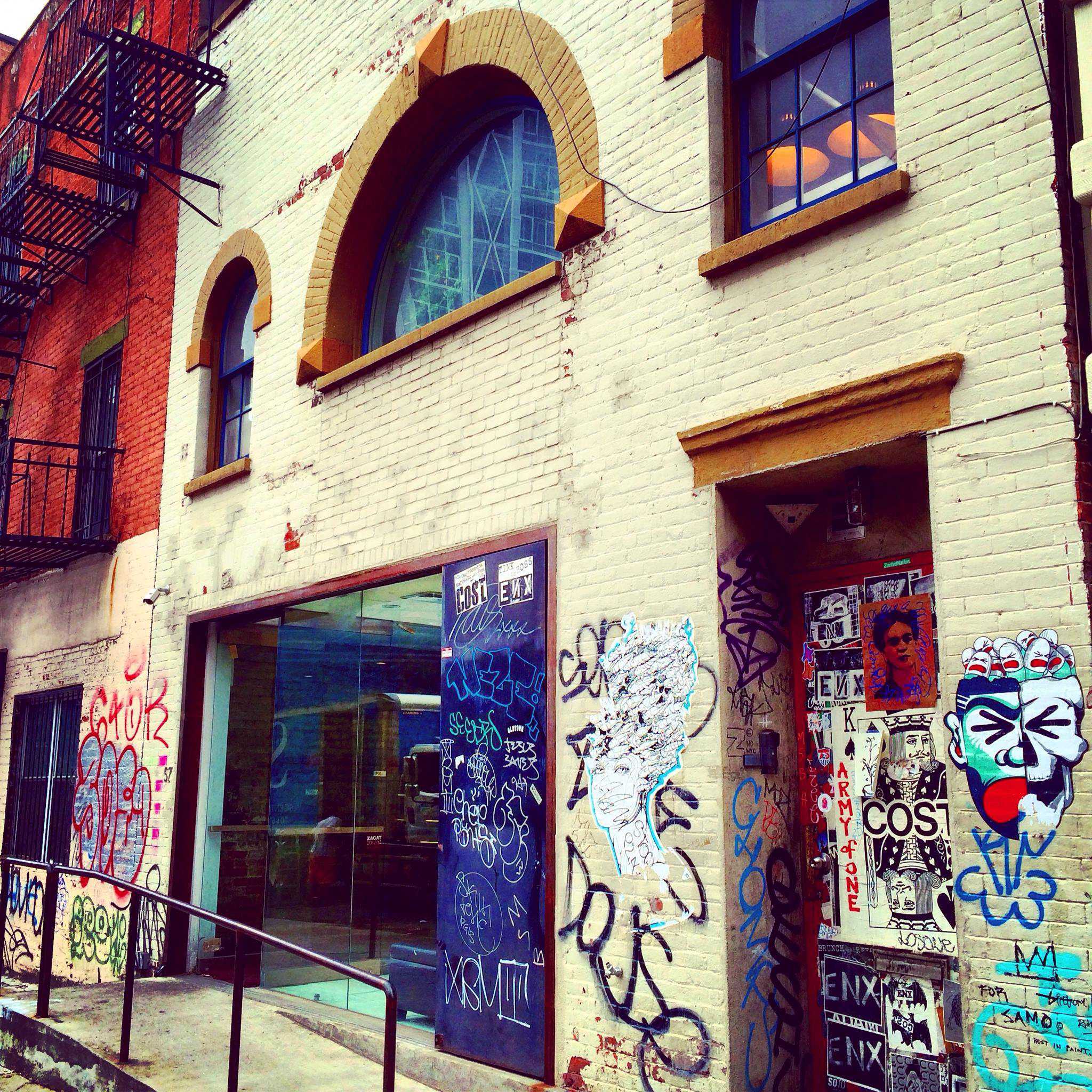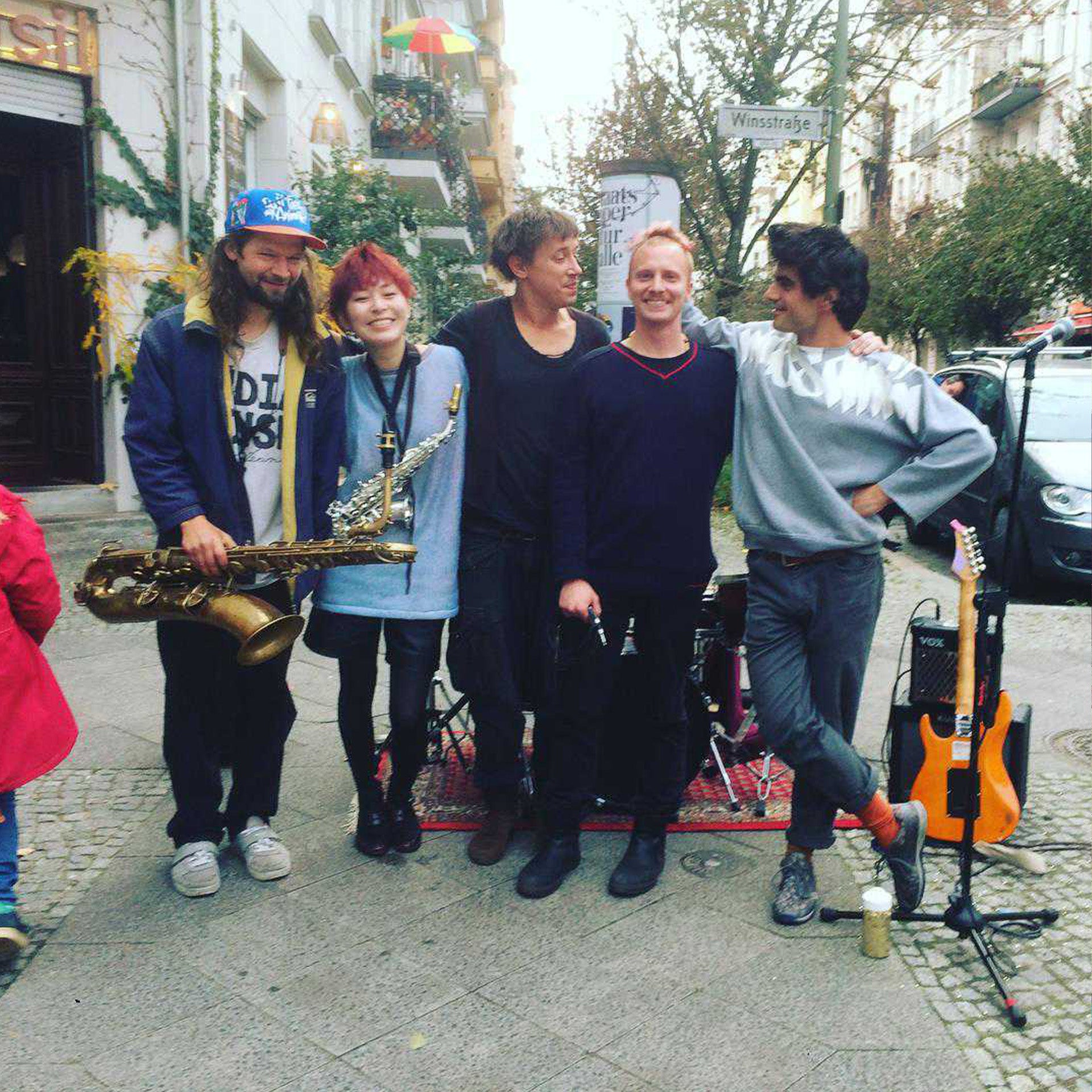ARTIST INTERVIEW
Masumi Iwakawa is a painter and saxophonist. Fascinated by painting, he moved to the United States in 2013 with the desire to make a name for himself in the art world. Since then, he has lived in New York and Berlin, Germany, and is currently based in Ibaraki Prefecture, where he continues to create his works. In recent years, he has begun to work on abstract expressionism that seems to depict the folds of human emotions. What is the source of his creativity?
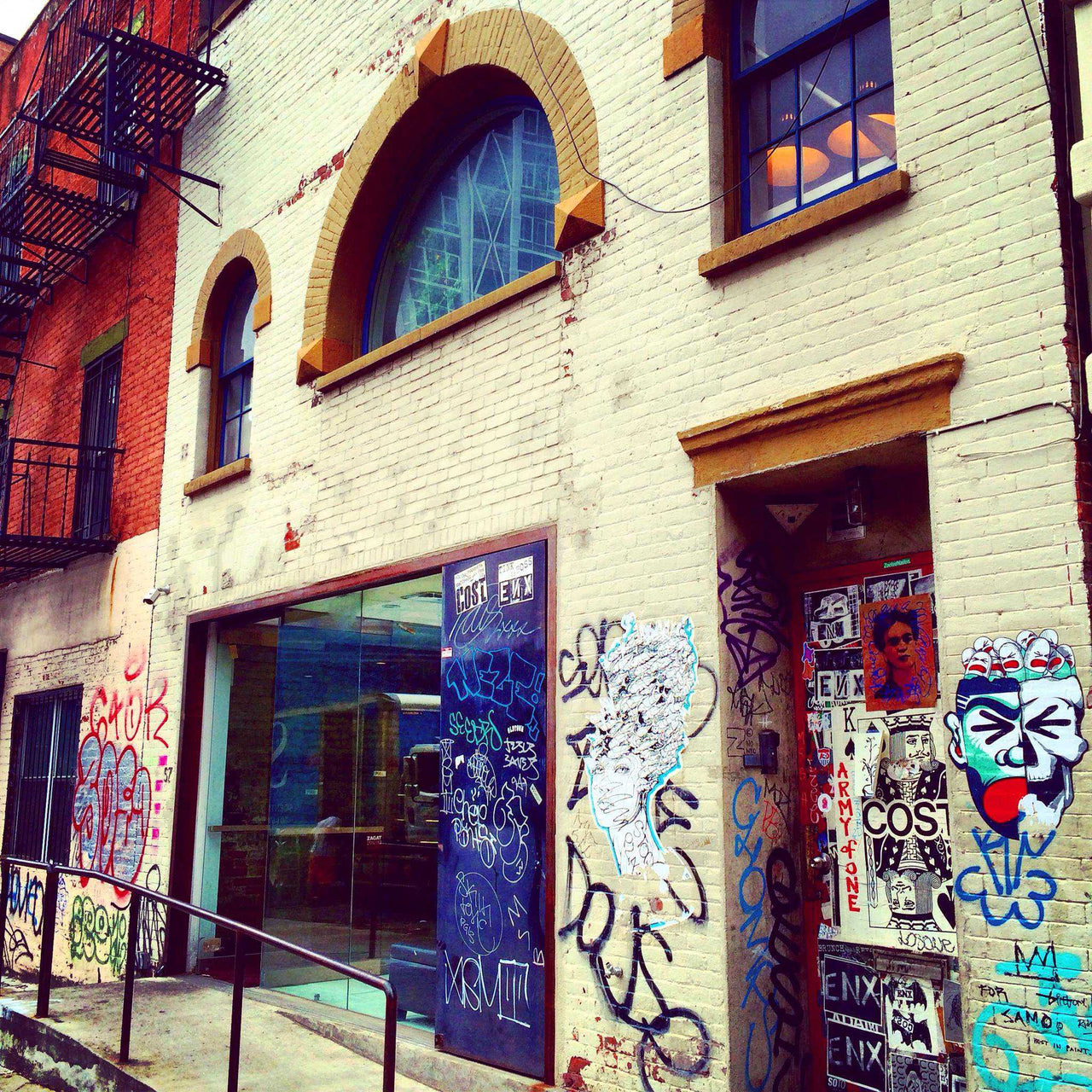
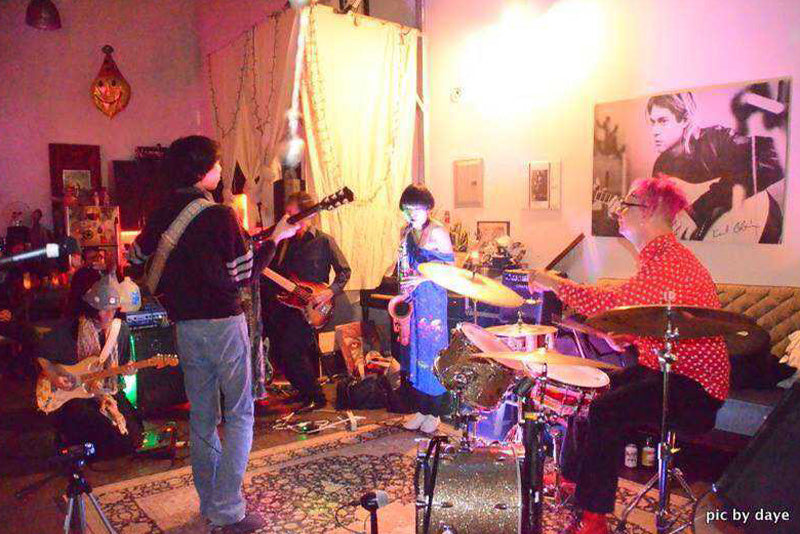
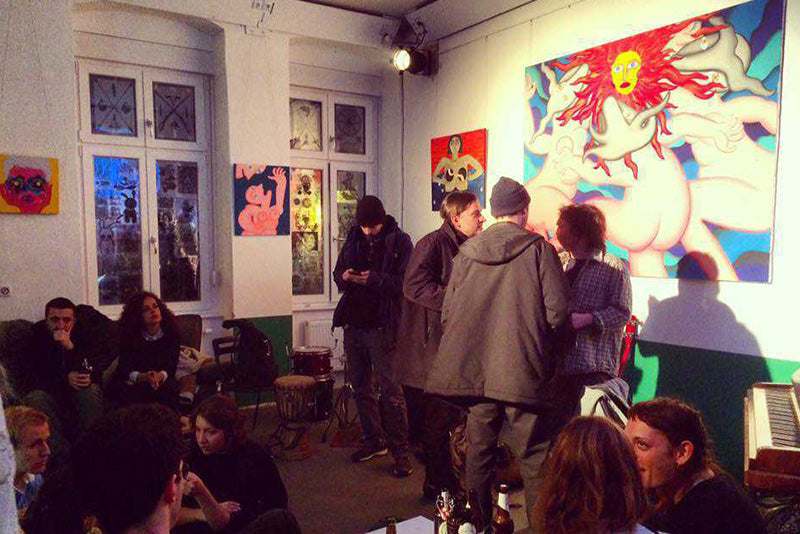
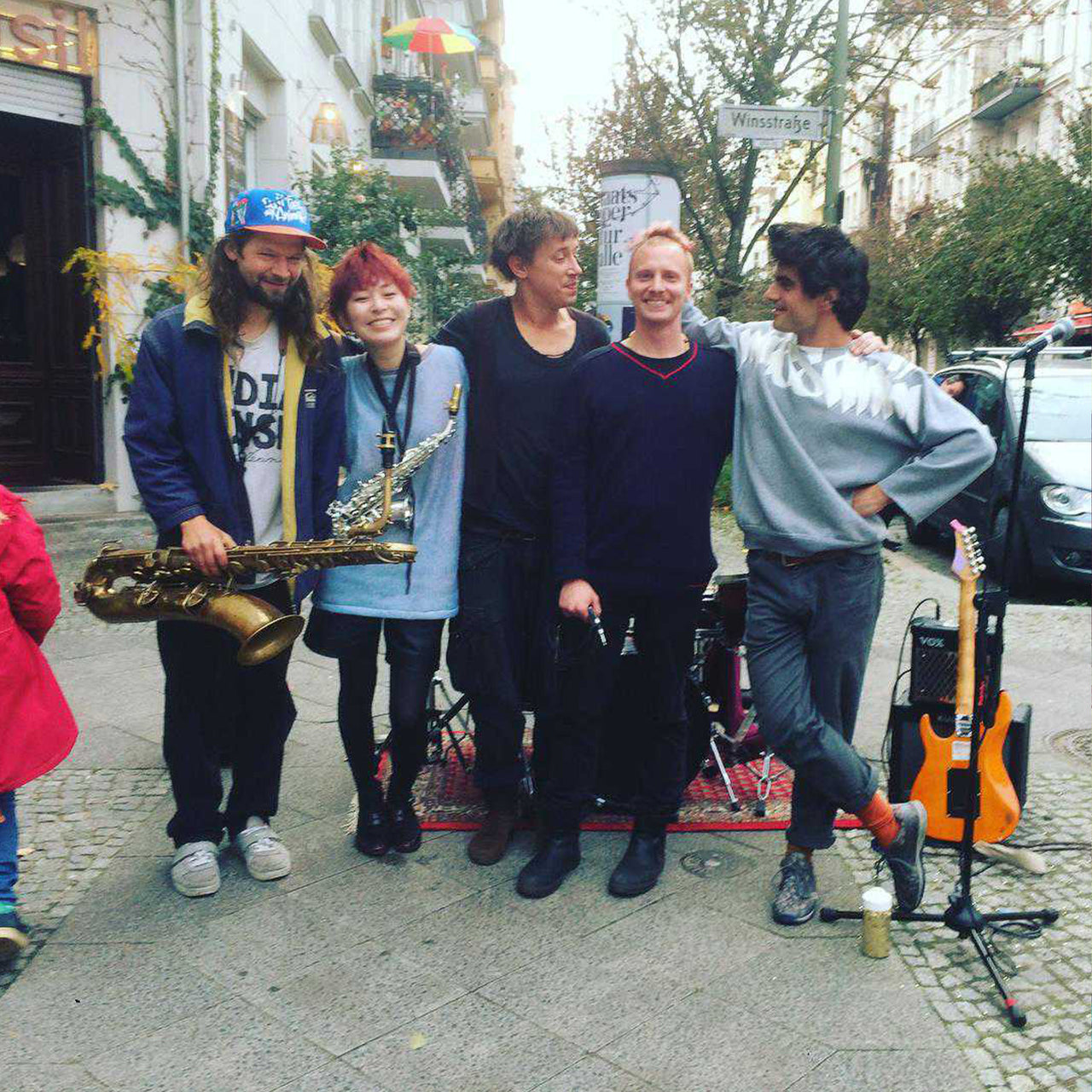
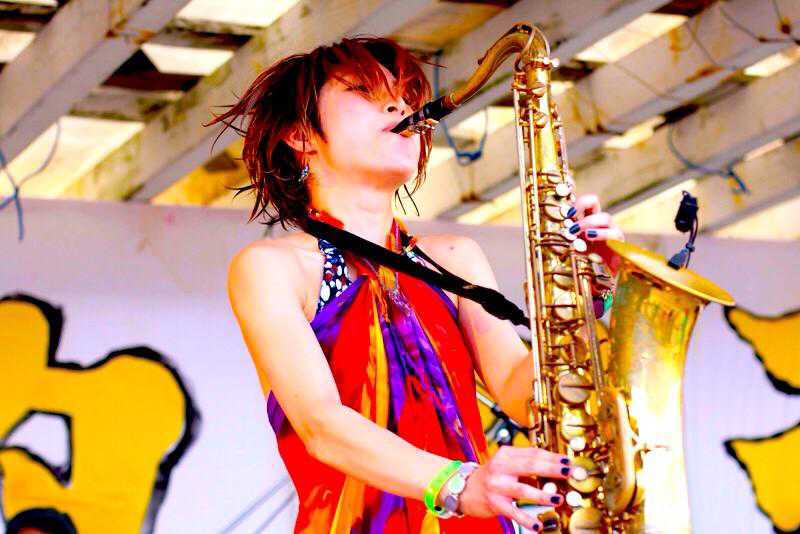
ABOUT ARTIST
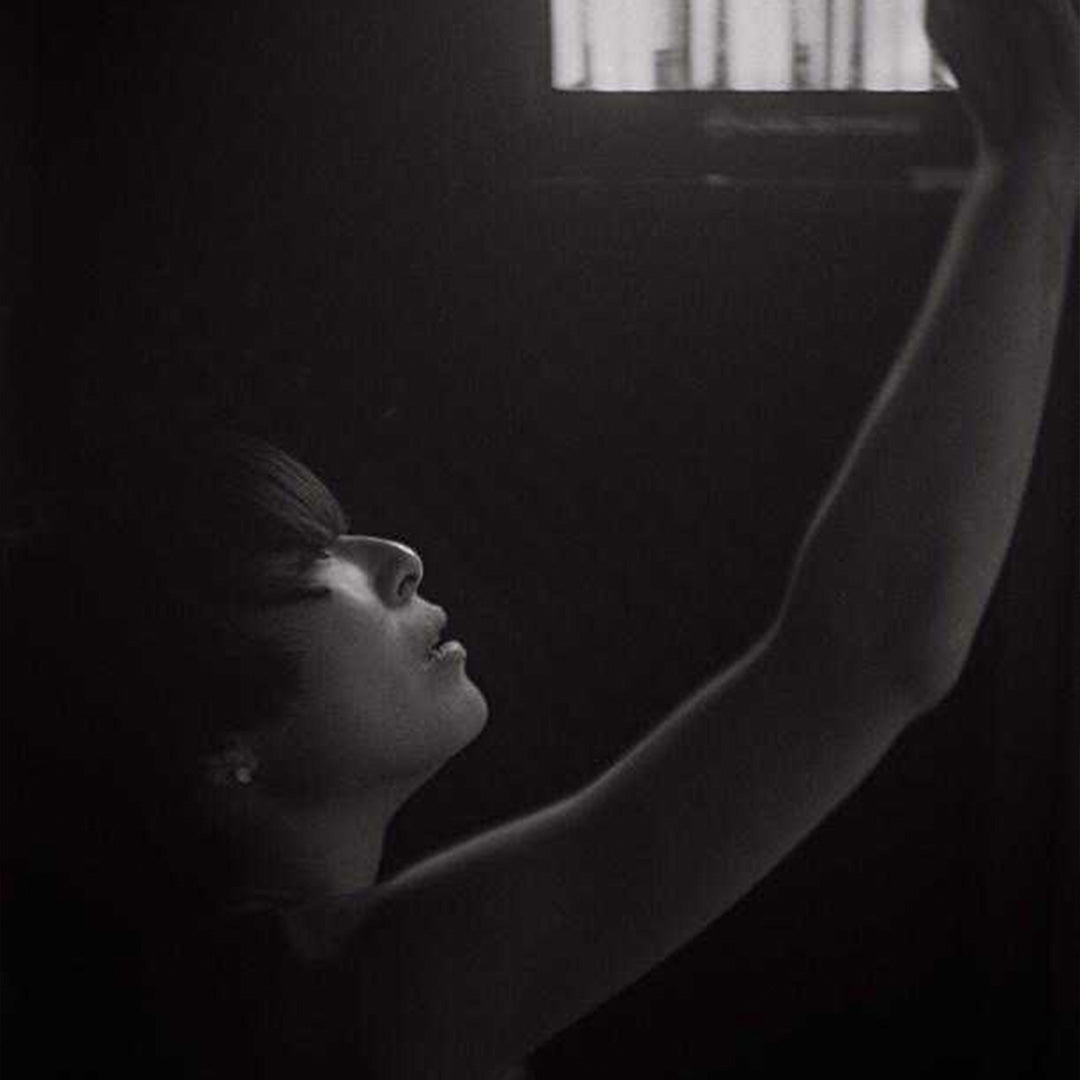
ABOUT EXHIBITION
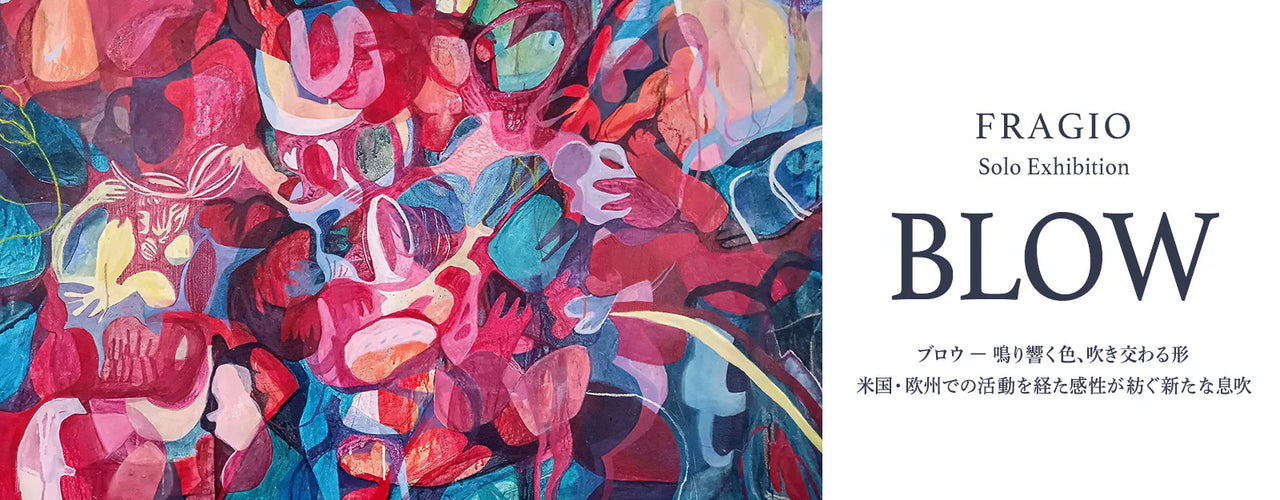
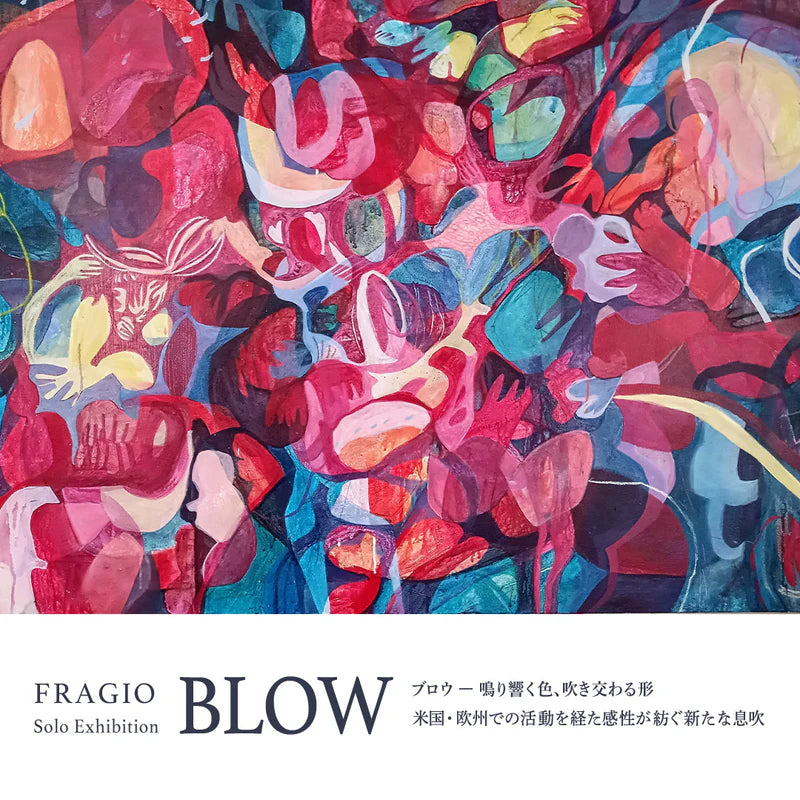
Masumi Iwakawa solo exhibition “BLOW”
YUGEN Gallery
KD Minami Aoyama Building 4F, 3-1-31 Minamiaoyama, Minato-ku, Tokyo
Dates
Weekdays: 13:00-19:00
Weekends and holidays: 13:00-20:00
*Ends at 17:00 on the final day only
None
Date of presence
free
Notes
-

おれちょ本多・神園宏彰 独占インタビュー 2026.03.02(Mon)
-

Exclusive Interview with Keita Ando 2026.02.11(Wed)
-

Exclusive interview with Masakazu Kitayama 2026.01.08(Thu)
-

Exclusive interview with Naho Tatsumi 2025.11.24(Mon)
-

Exclusive interview with Tsukue Akimoto 2025.11.19(Wed)
-

DAILY FABLES Exclusive Interview 2025.11.04(Tue)

